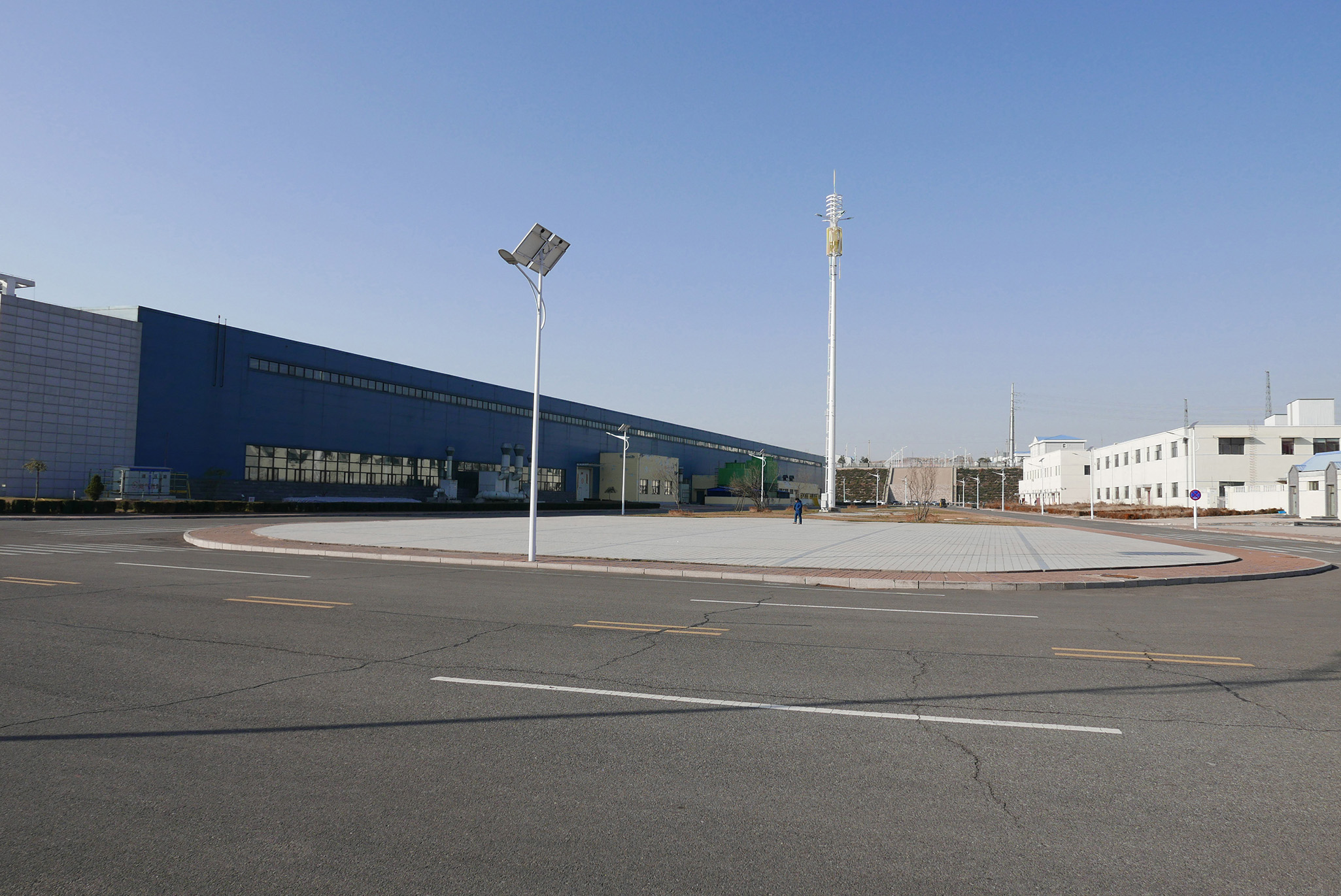- Afrikaans
- Albanian
- Amharic
- Arabic
- Armenian
- Azerbaijani
- Basque
- Belarusian
- Bengali
- Bosnian
- Bulgarian
- Catalan
- Cebuano
- China
- China (Taiwan)
- Corsican
- Croatian
- Czech
- Danish
- Dutch
- English
- Esperanto
- Estonian
- Finnish
- French
- Frisian
- Galician
- Georgian
- German
- Greek
- Gujarati
- Haitian Creole
- hausa
- hawaiian
- Hebrew
- Hindi
- Miao
- Hungarian
- Icelandic
- igbo
- Indonesian
- irish
- Italian
- Japanese
- Javanese
- Kannada
- kazakh
- Khmer
- Rwandese
- Korean
- Kurdish
- Kyrgyz
- Lao
- Latin
- Latvian
- Lithuanian
- Luxembourgish
- Macedonian
- Malgashi
- Malay
- Malayalam
- Maltese
- Maori
- Marathi
- Mongolian
- Myanmar
- Nepali
- Norwegian
- Norwegian
- Occitan
- Pashto
- Persian
- Polish
- Portuguese
- Punjabi
- Romanian
- Russian
- Samoan
- Scottish Gaelic
- Serbian
- Sesotho
- Shona
- Sindhi
- Sinhala
- Slovak
- Slovenian
- Somali
- Spanish
- Sundanese
- Swahili
- Swedish
- Tagalog
- Tajik
- Tamil
- Tatar
- Telugu
- Thai
- Turkish
- Turkmen
- Ukrainian
- Urdu
- Uighur
- Uzbek
- Vietnamese
- Welsh
- Bantu
- Yiddish
- Yoruba
- Zulu
មិថុនា . 06, 2025 19:41 Back to list
Top Quality Steel Castings Manufacturer Wholesale Deals
- Fundamental Importance and Evolution of Steel Castings
- Technical Superiority and Production Innovations
- Leading Manufacturers Benchmark Analysis
- Customization Capabilities and Engineering Partnership
- Industry-Specific Implementation Case Studies
- Quality Validation and Compliance Frameworks
- Strategic Advantages of Established Steel Castings Manufacturers

(steel castings)
The Critical Role of Industrial Steel Castings
Modern infrastructure fundamentally relies on engineered steel castings
with over 75 million tons produced globally last year. These components provide structural integrity for sectors ranging from energy production to heavy machinery. Unlike standard fabrication methods, castings allow complex geometries unachievable through machining. The metallurgical precision involved delivers superior stress distribution and fatigue resistance compared to welded assemblies. Recent industry surveys indicate foundries adopting digital patternmaking have reduced material waste by 18% since 2020.
Technical Superiority in Manufacturing Processes
Advanced steel casting manufacturers employ computational fluid dynamics during solidification modeling, minimizing porosity defects below 0.2%. Alloy customization options include heat-resistant chromium-molybdenum variants (15%-30% Cr content) for turbine applications or abrasion-resistant martensitic steels exceeding 500 BHN hardness. Secondary processing capabilities encompass:
- Precision CNC machining to ±0.005" tolerances
- Non-destructive testing (RT, UT, MPI)
- High-pressure thermal cycling validation
Market Leader Capability Assessment
| Manufacturer | Max Cast Weight | Alloy Systems | Lead Time (weeks) | Industry Certifications |
|---|---|---|---|---|
| GlobalFoundries Inc. | 85 tons | 28 grades | 10-12 | AS9100, PED 2014/68/EU |
| Precision Castparts Corp. | 120 tons | 41 grades | 14-16 | NADCAP, API 20B |
| Dynacast International | 25 tons | 19 grades | 6-8 | ISO 14001, IATF 16949 |
Third-party audits reveal top performers maintain
Application-Tailored Engineering Solutions
Wholesale steel castings providers now implement concurrent engineering protocols reducing development cycles by 40%. Customization parameters include:
- Section thickness optimization via finite element analysis
- Corrosion-resistant overlays (Inconel 625, Stellite 6)
- Embedded sensor cavities for structural monitoring
Cross-Industry Implementation Evidence
Successful deployments demonstrate performance enhancements across critical sectors:
- Energy: 316L stainless steel valve bodies withstanding 650°C/1200psi in geothermal plants
- Transportation: Bogie frames showing 2.5X fatigue life versus forged alternatives
- Construction: Earthquake-resistant connection nodes in skyscrapers exceeding AISC 341 demands
Quality Verification Methodologies
Reputable steel castings manufacturers enforce multi-stage validation incorporating:
- Chemical composition verification via OES spectrometers
- Mechanical testing to ASTM A370 standards
- Digital radiography detecting flaws >0.8mm
Strategic Value of Expert Steel Castings Manufacturers
Partnering with certified steel castings manufacturers delivers quantifiable operational advantages. Production data indicates 23% lower lifecycle costs versus fabricated alternatives due to reduced assembly requirements. Established suppliers maintain material traceability through blockchain-enabled documentation systems, crucial for defense and aerospace applications. Leading wholesale steel castings providers now offer digital twin integration, enabling predictive maintenance scheduling that extends service intervals by minimum 800 operating hours. This engineering partnership model transforms casting procurement from commodity transaction to strategic value creation.

(steel castings)
FAQS on steel castings
以下为围绕核心关键词"steel castings"及相关术语创建的5组FAQ,符合HTML富文本格式要求:Q: What are the key benefits of wholesale steel castings?
A: Wholesale steel castings offer cost-efficiency for bulk orders due to scaled production. They provide consistent quality through standardized manufacturing processes. Common applications include machinery parts and structural components.
Q: How to select a reliable steel castings manufacturer?
A: Verify certifications like ISO 9001 for quality management systems. Assess their material testing capabilities and prototyping experience. Review client portfolios for industry-specific expertise.
Q: What industries use steel castings from manufacturers?
A: Top consumers include automotive (engine blocks), construction (structural supports), and energy (turbine components). Marine and mining sectors utilize corrosion-resistant castings. Manufacturers customize alloys for specific operational demands.
Q: What quality controls do steel castings manufacturers implement?
A: Reputable manufacturers conduct X-ray and ultrasonic testing for internal integrity. Chemical composition analysis ensures material conformity. Dimensional inspections guarantee precise tolerances per ASTM standards.
Q: Can wholesale steel castings be customized?
A: Yes, leading manufacturers offer tailored solutions including complex geometries. Customization covers alloy grades, surface treatments, and machining. Minimum order quantities apply for specialized wholesale requests.
-
Precision Silica Sol Casting Solutions Custom & ODM Options
NewsJun.06,2025
-
Custom Heat Exchangers for Low NOx Gas Boilers Cast Silico Al
NewsJun.06,2025
-
Custom Punch Concrete Pipe Mold Bottom Ring Precision & Durability
NewsJun.06,2025
-
Precision Water Glass Sand Casting Services Custom & Durable
NewsJun.06,2025
-
Precision nvestment Casting Parts Buy Custom Solutions
NewsJun.05,2025


